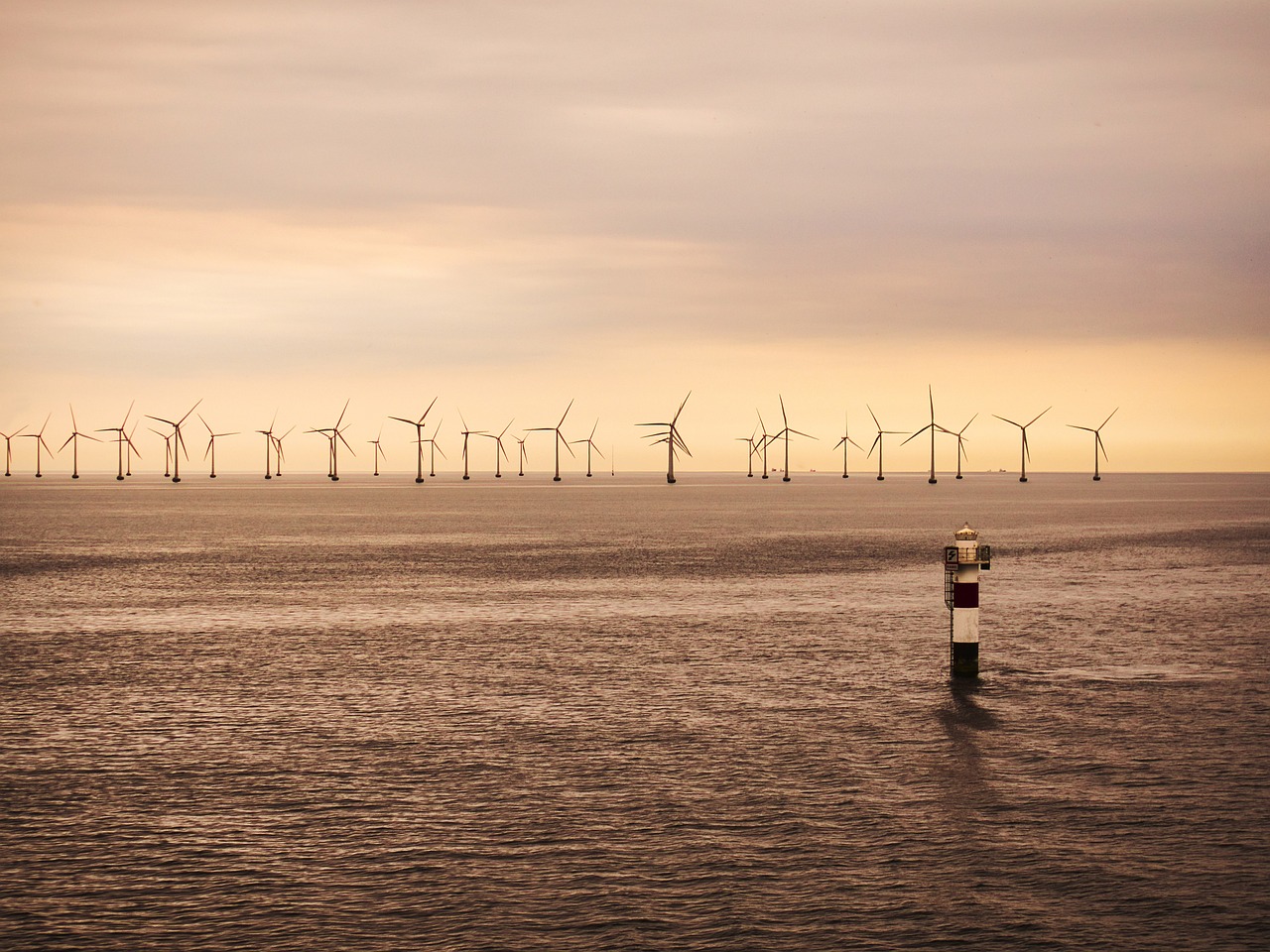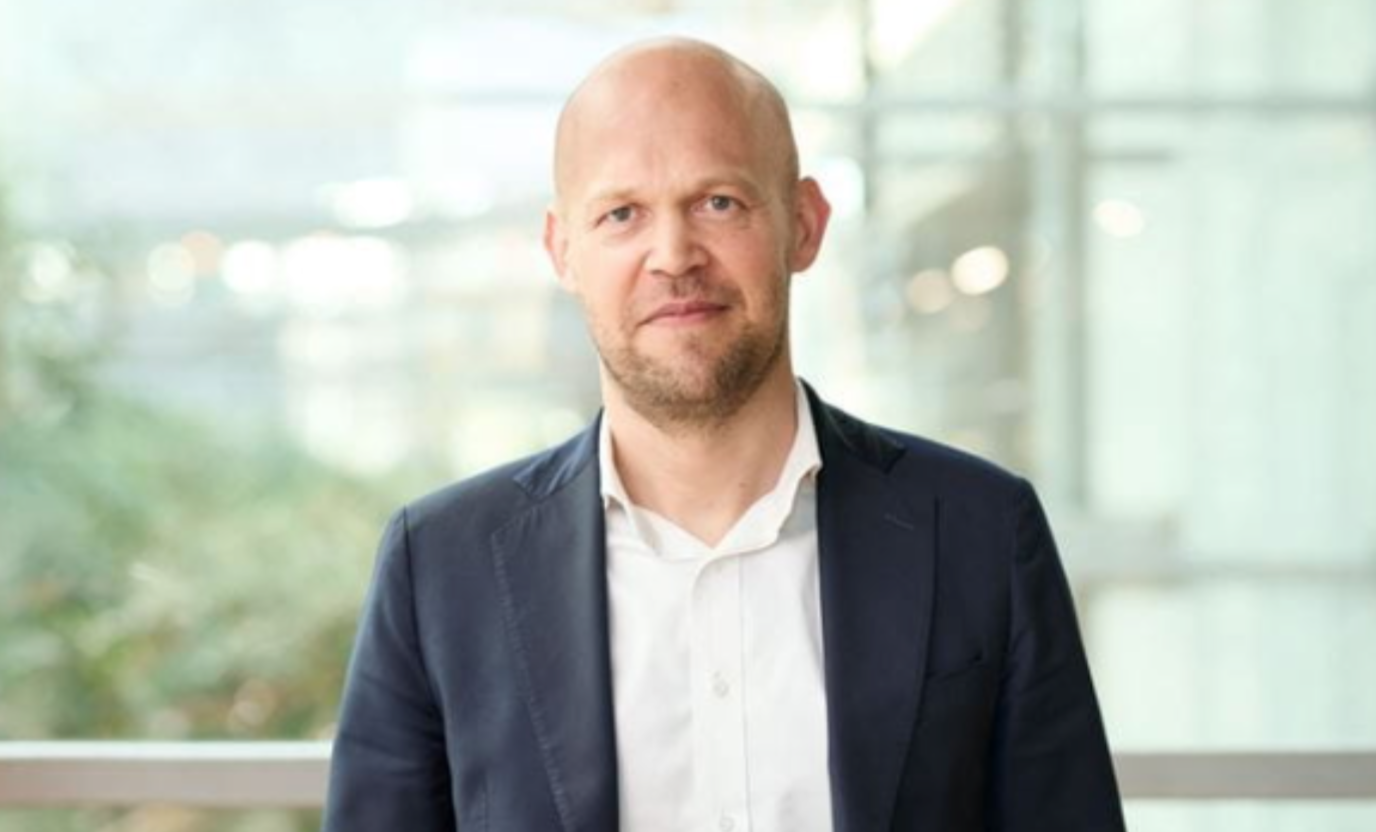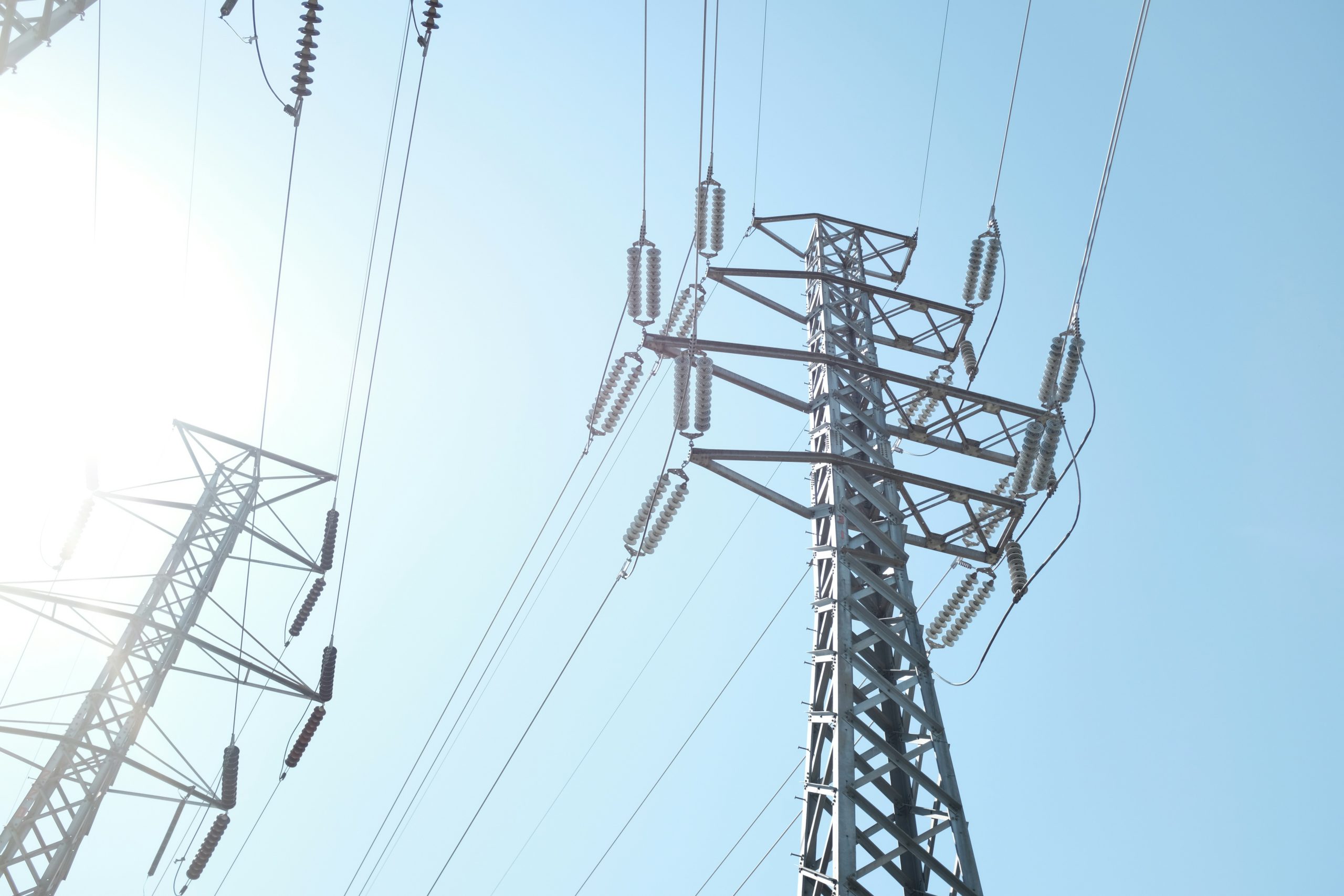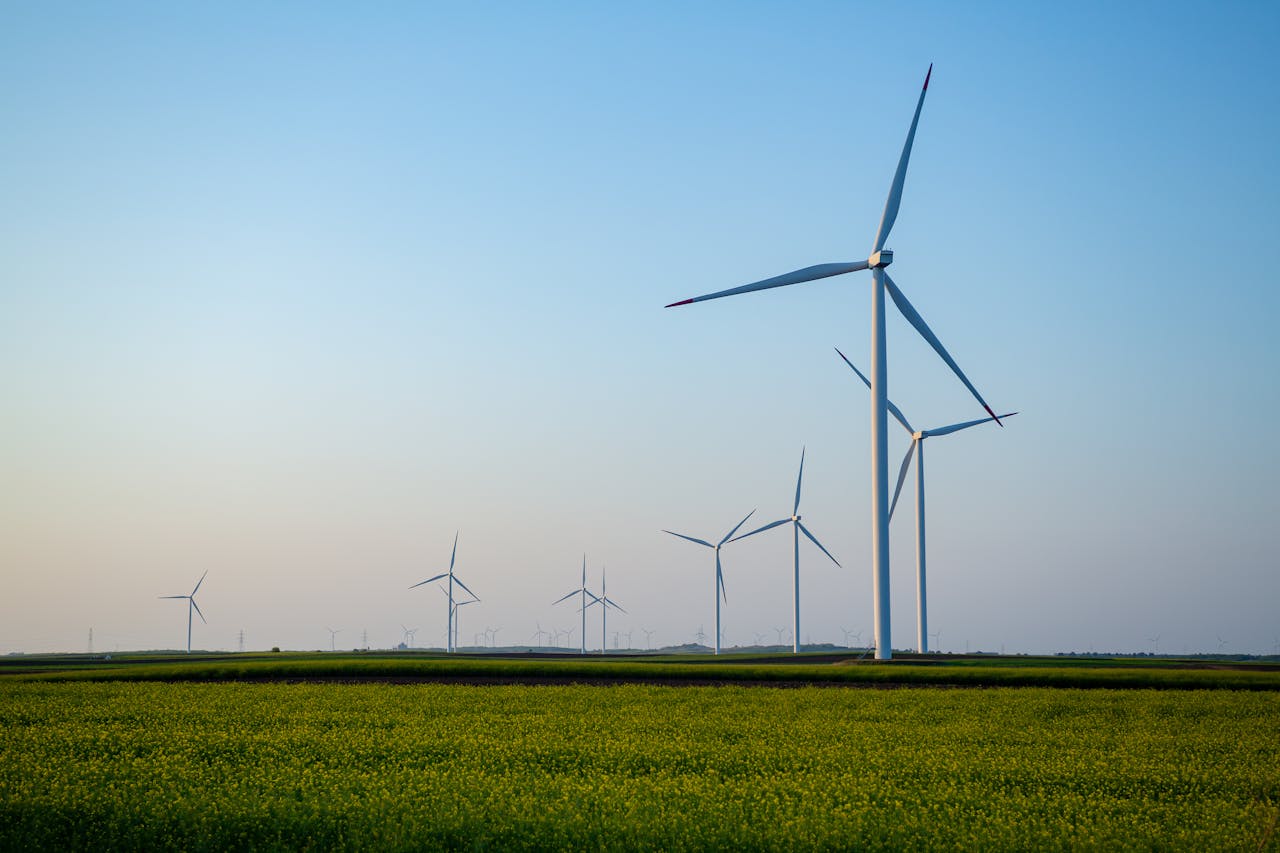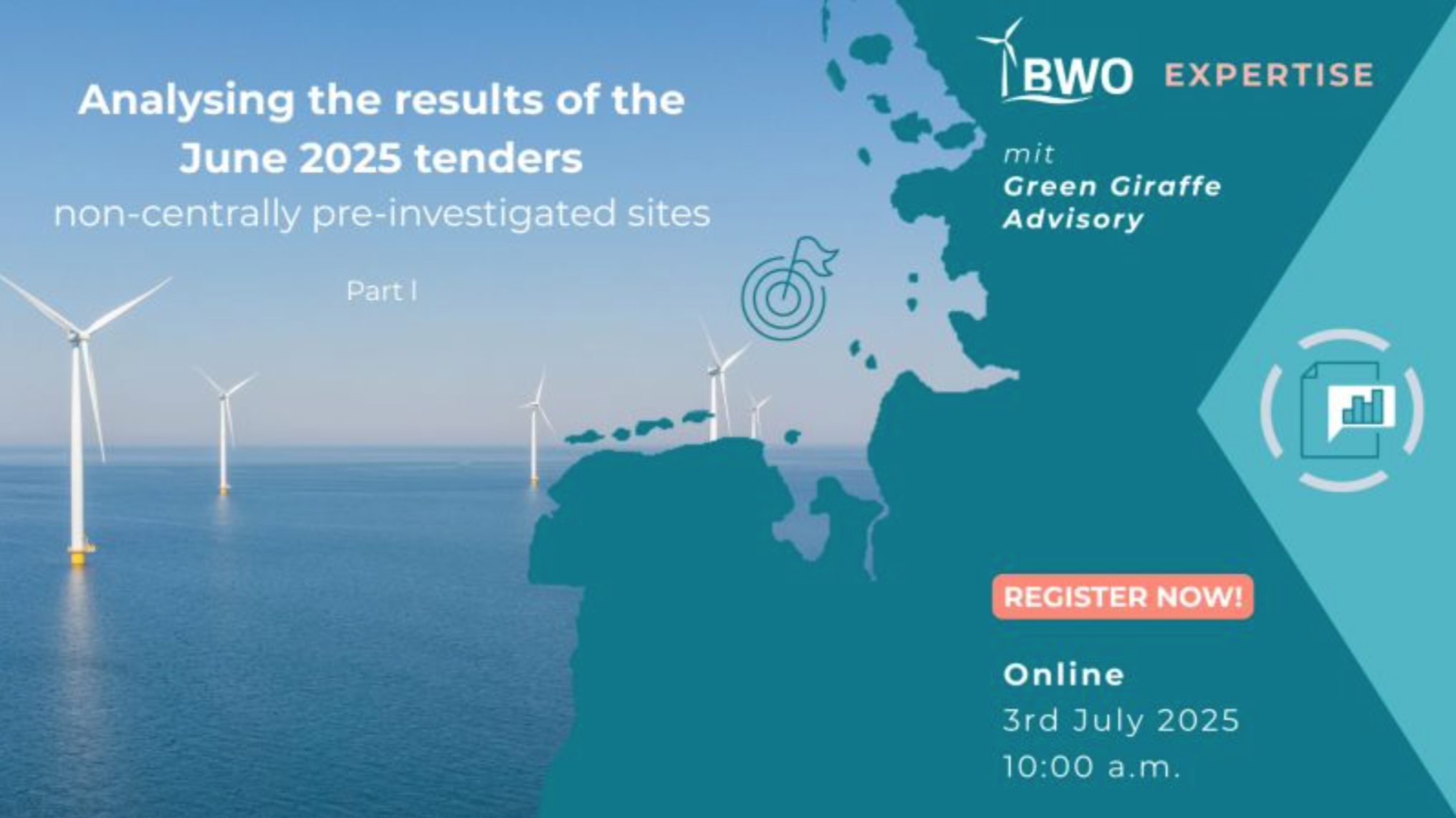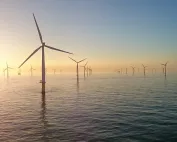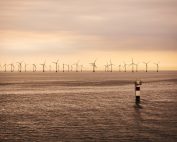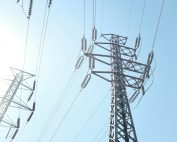As reported by the Estonian media, Eesti Energia, which plans to build an offshore wind farm with Danish Ørsted, accuses the Estonian operator of partiality in the development of the electricity network.
In the opinion of Hando Sutter, the head of Eesti Energia, the operator did not include the wind farm project planned by the Estonians and the Danes in its vision of the development of the electricity grid in the Baltic Sea. This raises questions about equal treatment of the parties interested in the development of the electricity grid.
Let us recall that on April 26, 2021, Ørsted and Enefit (Eesti Energia subsidiary) signed an agreement (Memorandum of Understanding), which provides for the cooperation of companies in the offshore wind energy sector, in particular in the construction of the first offshore wind farm in the Gulf of Riga until 2030. The company’s ambition is to become a leading developer of offshore wind energy in the Baltic countries.
On the other hand Electricity Transmission System Operators in Latvia and Estonia, AS Augstsprieguma tikls (AST) and Elering AS, have signed a cooperation agreement to investigate possible ways to evacuate power from planned offshore wind farms in the Baltic Sea and connect them to onshore transmission systems in both countries.
As reported by ERR (Estonian Public Broadcasting), Sutter approached the head of Elering Taavi Veskimäe on the matter. The vision of grid development does not take into account the potential farm planned by Eesti Energia in the Gulf of Riga, but takes into account projects prepared by operators. Sutter suggests that Elering should follow the principle of equal treatment in its further development projects for offshore wind farms and take them into account in the planned sea connection. Especially that the Eesti Energia i Orstedu offshore farm is already at the stage of the permitting procedure.
“We hereby propose that when planning an offshore power grid, advanced projects in progress should be treated on a par with state-owned projects, in particular the Estonian-Latvian offshore wind farm”, reads the ERR in the letter it reached.
Elering indicated in its schedule that offshore wind farm projects in the Baltic Sea will be implemented without subsidies. Eesti Energia believes that it is difficult to ensure economies of scale in the development of Baltic projects, therefore the state should support the projects to help mitigate any risks.
Source: ERR



